At NVIDIA GTC 2022 Fall, NVIDIA launched a GPU that was not part of its keynote. The NVIDIA RTX 6000 Ada is a name that is going to confuse many, but it is a high-end professional workstation graphics solution based on the new Ada Lovelace architecture.
NVIDIA RTX 6000 Ada Launched
This is going to be perhaps one of the most confusingly named parts. Years ago, before Quadro branding was phased out we had a NVIDIA Quadro RTX 6000 GPU Review.
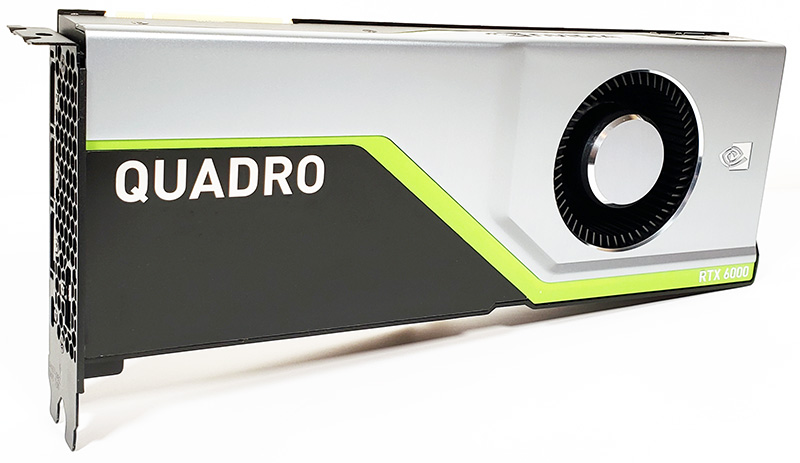
It was hard to get a RTX A6000, but you may have seen one in our recent NVIDIA RTX A4500 20GB GPU Review, pictured on the right as an example:
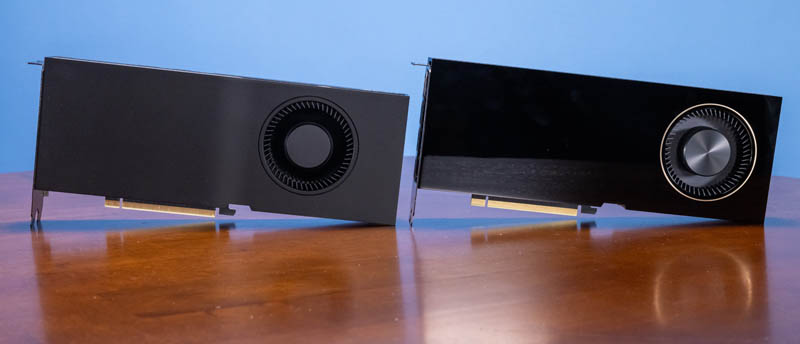
This is the new GPU:
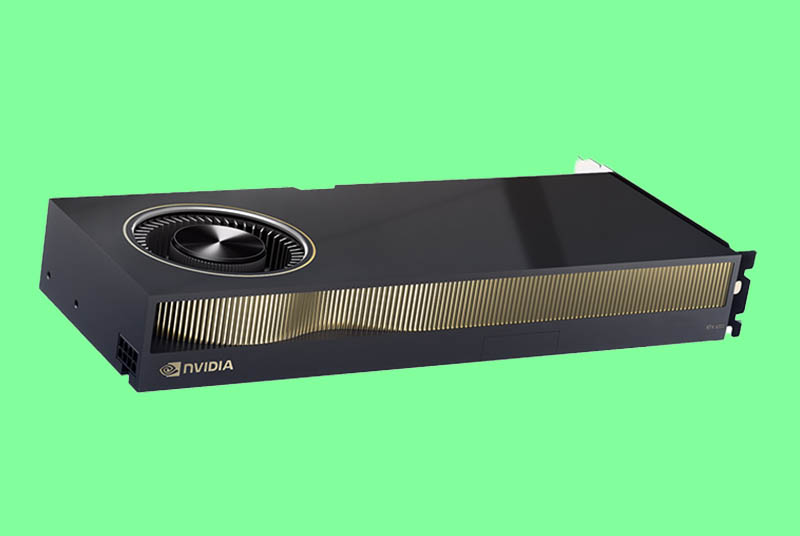
Now we have the Ada generation. For a naming recap, that means we are going:
- NVIDIA RTX 6000
- NVIDIA RTX A6000
- NVIDIA RTX 6000 (Ada)
To make things a bit more confusing, we covered the NVIDIA L40 also based on Ada Lovelace, and that line went from “A40” for Ampere to “L40” for Lovelace. The actively cooled cards use a different naming convention. That makes things confusing enough, but then we went to NVIDIA’s website, and the spec table for the new card looks like this:
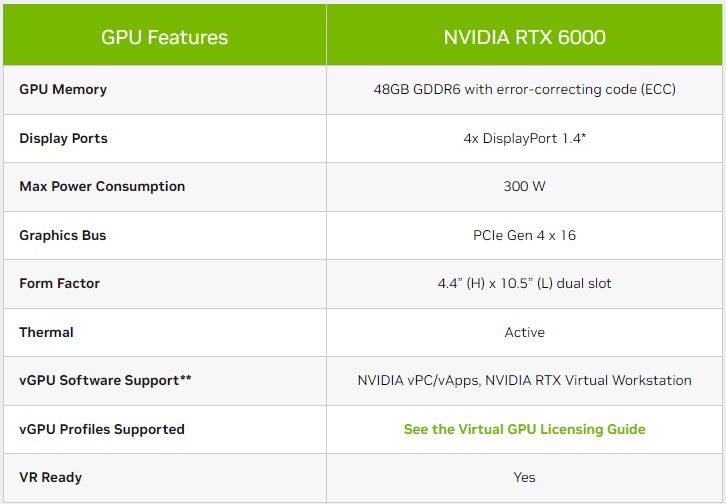
The minimal information in the spec sheet is similar to what we saw with the NVIDIA L40 launch. The bigger issue is that NVIDIA is calling this the “NVIDIA RTX 6000” the same name as the Turing generation. Indeed, when we looked at the spec table we pulled in our RTX 6000 review (Turing) we saw this:
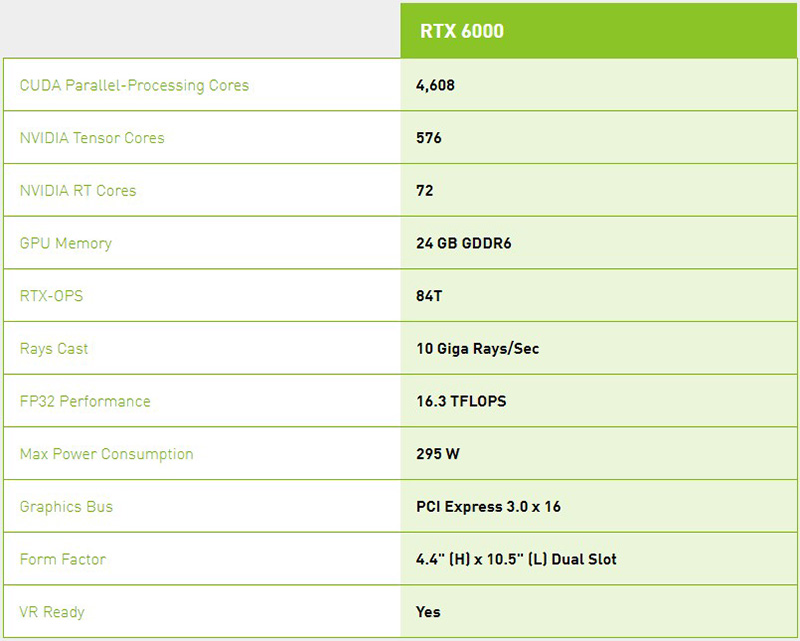
With the Quadro brand being phased out, this is going to cause confusion.
Luckily, even though NVIDIA’s website is more focused on selling software and solutions than professional GPUs with information like specs, we managed to get the specs of the card:
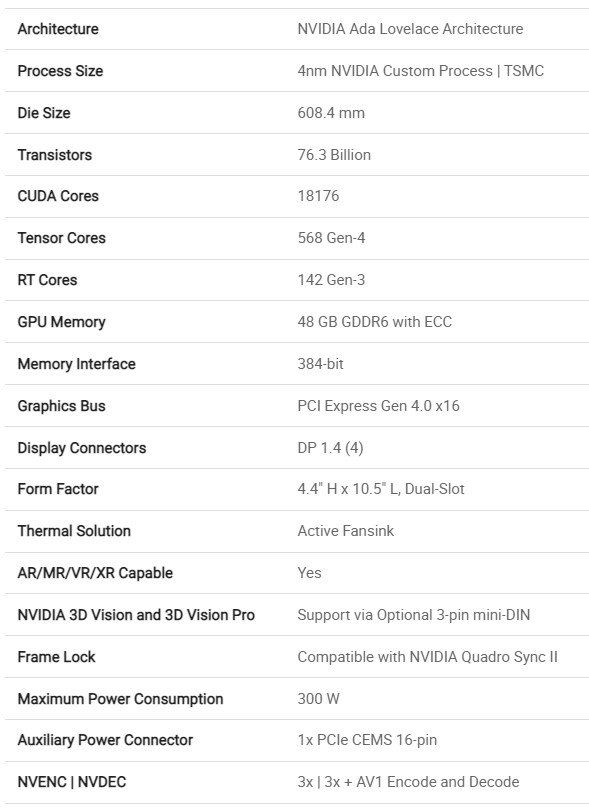
What is going to be interesting for folks here is that this is the new generation of GPUs but only at 300W. So there is a big power gap now between the professional 300W TDP GPUs with ECC support and 48GB of memory and the 24GB non-ECC RTX 4090.
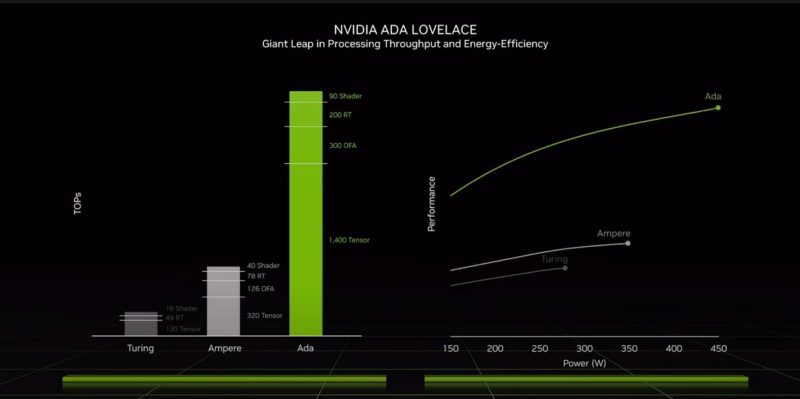
It remains to be seen how these GPUs fare, but usually, we get great gains in each generation that expand over time. Many professional applications are using AI tools, and that is a focus of Ada Lovelace, so we expect the new generation to get better with time as tools take advantage of newer GPU architectures.
Final Words
This is a strange one. Not being able to find specs easily for a GPU on NVIDIA’s website is strange. They should be there and easy to access. What is more, NVIDIA picked just about the most confusing name it could by calling this the RTX 6000. We hope that NVIDIA re-names this the RTX L6000 to be consistent with the data center version (L40) and make it easier for everyone to understand. Going RTX 6000 to RTX A6000 to RTX 6000 is too confusing of naming conventions. I do not even do STH’s GPU reviews, but I saw the problem immediately searching through images in the site’s CMS for “RTX 6000” and seeing three generations of GPU images pop up. We at least expect the card to be better than this naming.
Luckily, we made this handy guide so you can understand NVIDIA’s data center and creative professional naming conventions:
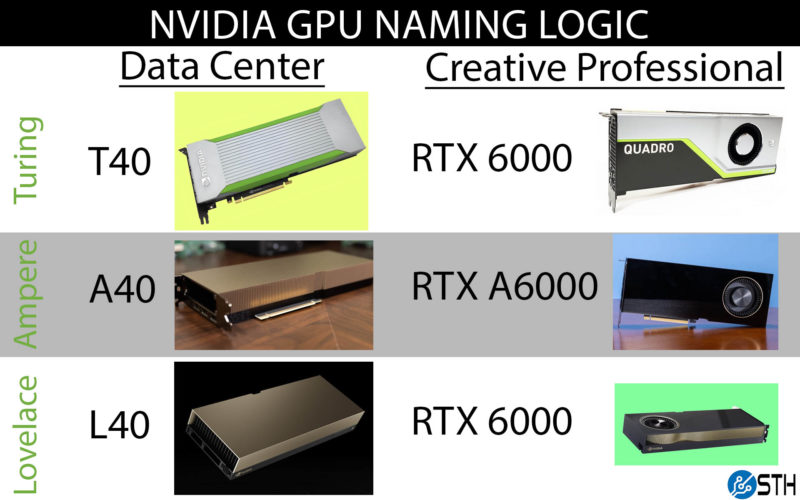

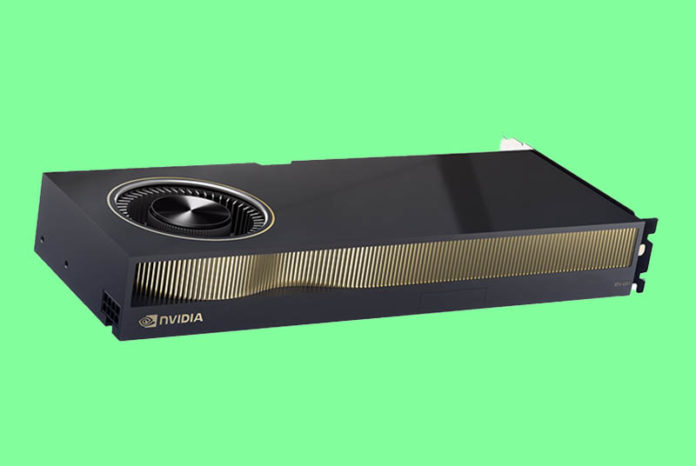
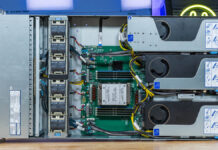
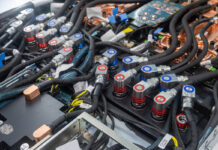
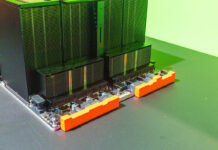
Awesome GPU, maybe you could add the SKU to the reviews
The spec looks little bit off as it listed a “PCIe CEMS 16pin” power connector but the pictures clearly shows a traditional 8-pin connector.
No Nvlink conector?, Wow
I feel like the naming confusion isn’t a mistake. NVIDIA has a glut of Ampere GPUs that they still need to sell. If some uninformed consumers are happy with getting an Ampere GPU instead of an Ada GPU then all the better for NVIDIA.
It is surprising and disappointing that the datasheet does not have FLOP/sec and rays/sec performance specs. NVIDIA is probably trying to hide the poor performance/price ratio of this card. Considering the cost and effort to design a GPU like this, you sure would expect NVIDIA to put a little more thought into the name. As companies get bigger, they tend to hire more marketing dummies and that may be what is going on here.
Small scale datacenters, rendering farms and creative workstations all come at considerable costs for the core components. Some are $10K and up just for the basics. These operators do not need to upgrade entire systems to use the new cards. In contrast, if you upgrade to DDR5 from DDR4, or a buy a new generation of CPU, you usually need replace the motherboard and other key parts. My guess is that Nvidia selected this name because the card is designed to be similar in form and power requirements as both previous 6000 series cards.
It’s now mid-January and lots of sites that happily sell the A6000 aren’t even setting up “6000 Ada” pre-order pages. What’s going on? Where can a person actually buy this?
Dave – these are just coming out. We will likely be reviewing one in the next month or two.
Thanks Patrick. I thought it was supposed to become available in December (or at least pre-orders) according to the October press release. I guess the availability has been slipping.